It’s common to tile over underfloor heating. Tiles are ideal for bathrooms and kitchens, where underfloor heating is frequently installed, and are also simple to clean. People always buy them for their good heat resistance. Due to their respective qualities, tiles and underfloor heating make a fantastic combination. Because ceramic tiles often conduct heat well, heat is easily transferred to the tiles, swiftly warming the room. Additionally, tiles are exceptional at retaining heat, which raises the general effectiveness of your underfloor heating system.
Tiles are not made equally, just like anything else! Because different tile varieties have various characteristics, some are better suited for underfloor heating than others. Hard surfaces like stone and ceramic tiles are the ideal floor coverings to use with underfloor heating since they have the least resistance and effectively transfer heat. Given that they are the most thermally conductive of all floor coverings and enable the energy from the UFH heating tube to travel to the floor’s surface fast, stone and ceramic tiles are undoubtedly the best tiles for underfloor heating. The heat output of the tile will not be significantly affected by increasing tile thickness, but the amount of time it takes for the tile to heat up would. Using a decoupling membrane and flexible adhesive is usually desirable to lessen the likelihood of any hairline expansion cracks in the stone and ceramic tiles. Limestone: Of all the stone floor coverings, limestone installation calls for the greatest level of care and consideration. Slate: Slate is a natural finish that is incredibly conductive and is perfect for use with underfloor heating. Marble: Marble is a superb conductor that comes in different thicknesses. Warm water underfloor heating is a fantastic match for ceramic tile and natural stone floor surfaces because they effectively conduct heat. Tiles or natural stone floor finishes are long-lasting and simple to maintain solutions for your underfloor heating floor coverings. For kitchens and open-concept living spaces, where a continuous floor covering increases the impression of space, a heated tile floor is also an excellent option.
It’s critical to consider whether ceramic tiles and natural stone finishes are appropriate for underfloor heating when selecting a finish. The great majority of businesses will specify which of their tile selections are ideal for underfloor heating. Ceramic and porcelain tiles are excellent flooring options for underfloor heating systems and are more cost-effective than genuine stone. Whatever tiles you choose, installing them over underfloor heating will quickly warm the space and improve heat retention. Thanks to a heated tile floor, no more frigid bathrooms, utilities, entryways, or conservatories. Choosing to combine wall tiles with your underfloor heating has numerous advantages: Tiles efficiently and uniformly transfer heat from your underfloor heating system to the floor’s surface. Ceramic tile or natural stone finishes can be installed on any floor level. Natural stone or ceramic tile flooring offers a luxurious appearance. Tiled flooring is incredibly robust, long-lasting, and cleanable.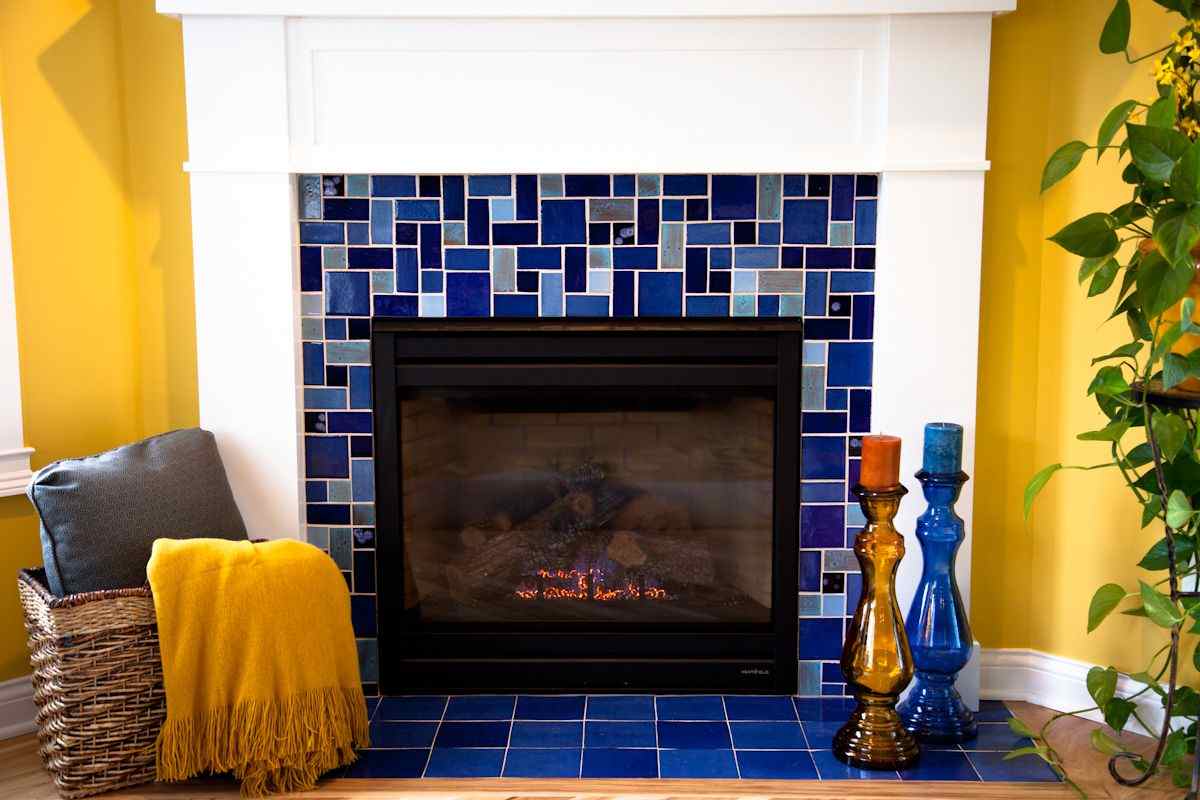 Ceramic tiles export from India
Ceramic tiles export from India
Sandstone: Sandstone is a more expensive but more long-lasting stone tile than ceramic and porcelain. Given that it is made of organic material, this tile only has to be rinsed occasionally. Sandstone is perfect for installation around swimming pools since it is heat-resistant. As a result, the water remains chilly. Sandstone tiles are available in neutral colors, making it simple to include them in any interior design plan. Marble: The striking beauty of this lovely stone tile makes it valuable. It has been utilized in numerous historic buildings and has withstood heat effectively for hundreds of years. However, marble tiles need additional upkeep, such as routine polishing, and are vulnerable to moisture and foot activity damage. However, no other form of flooring comes close to its splendor, especially in foyers. Granite: In terms of toughness, granite is second only to diamond.

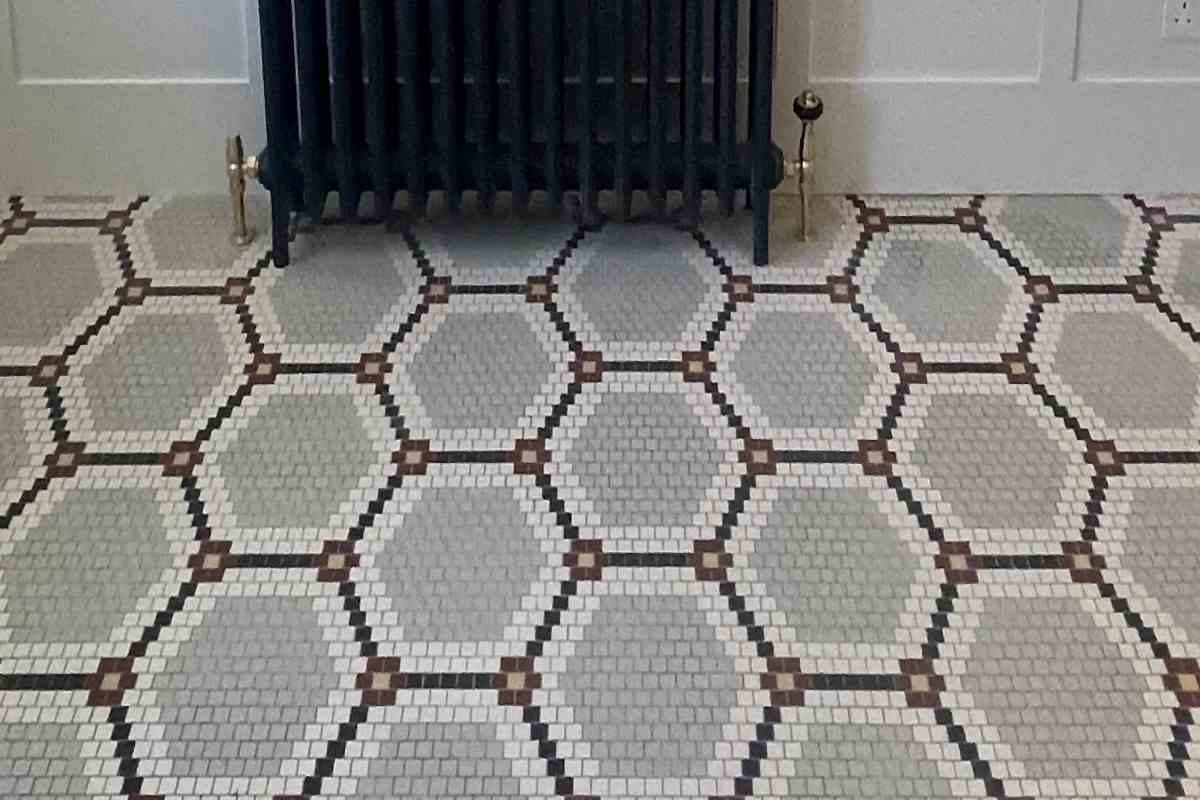
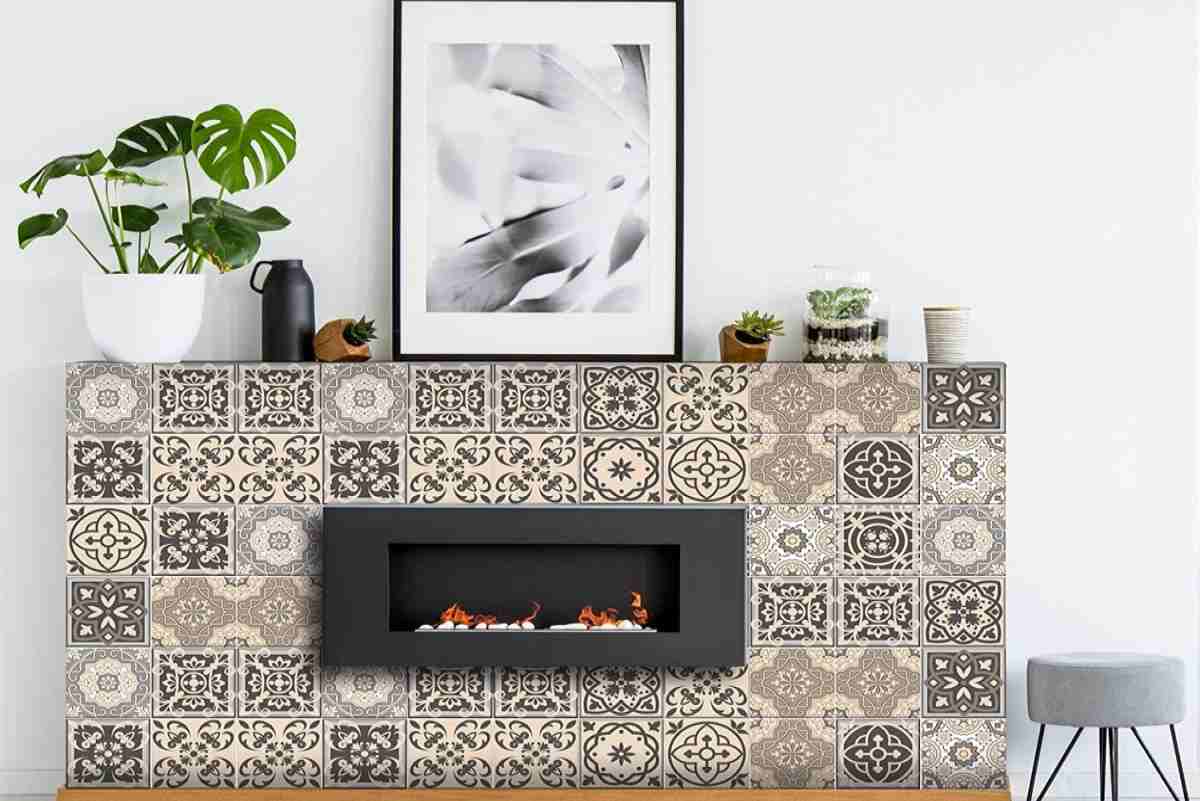
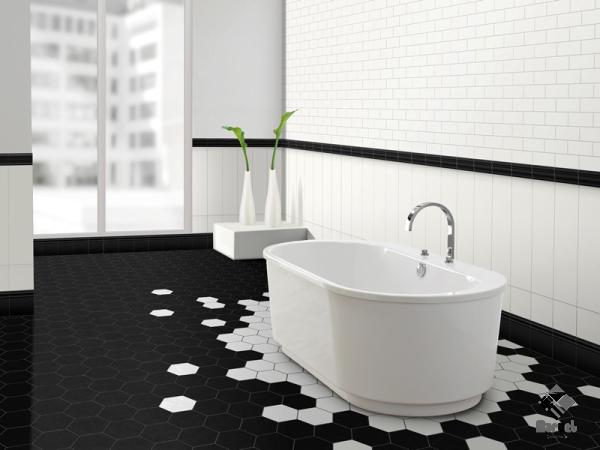
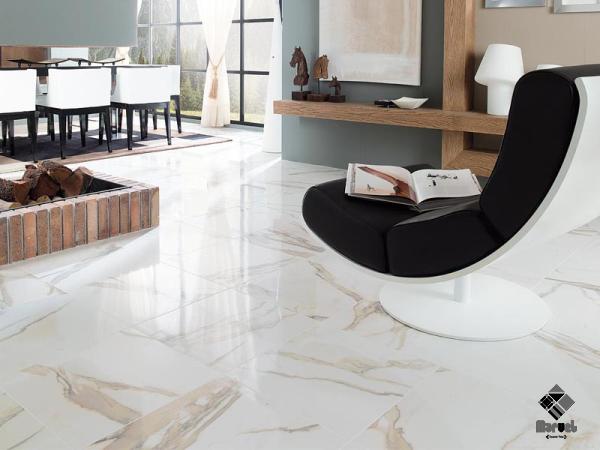
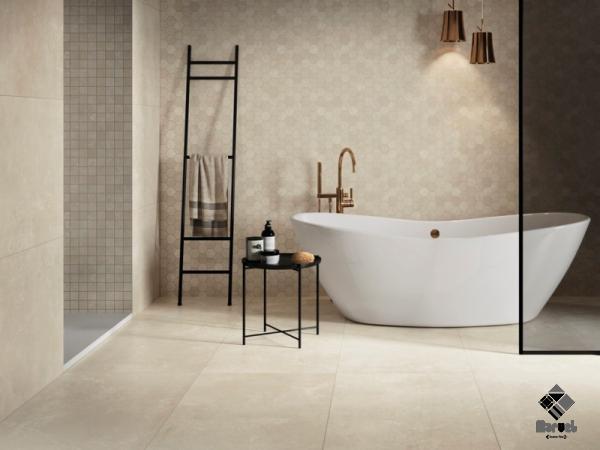
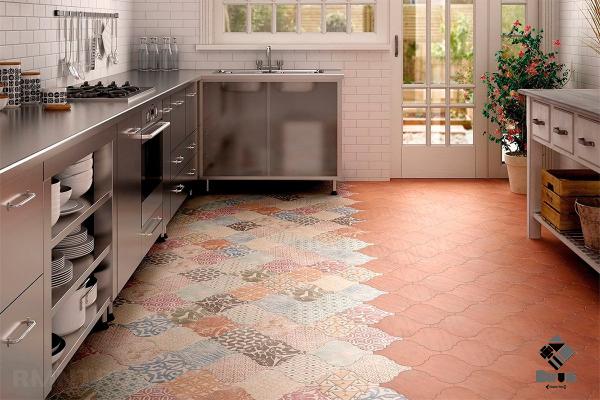
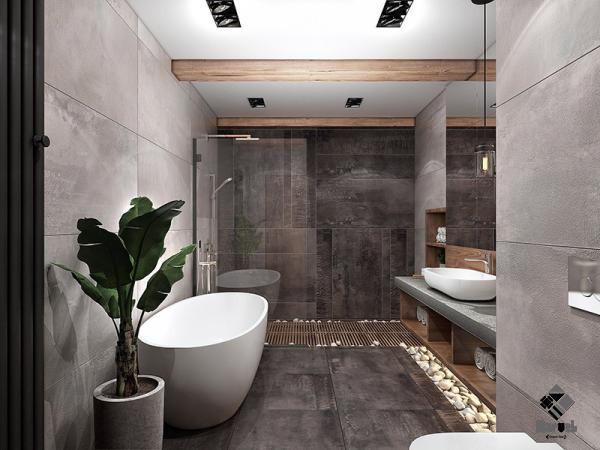
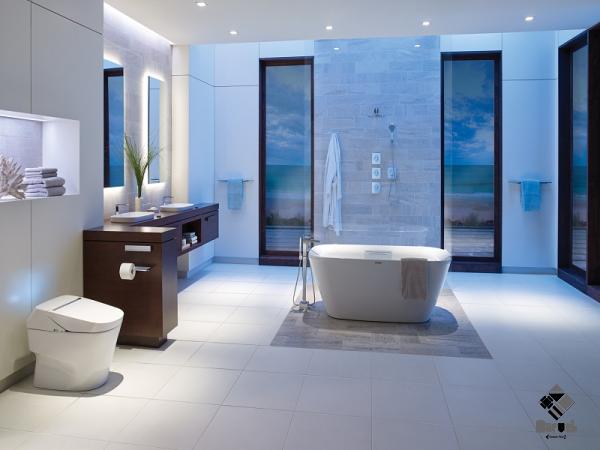
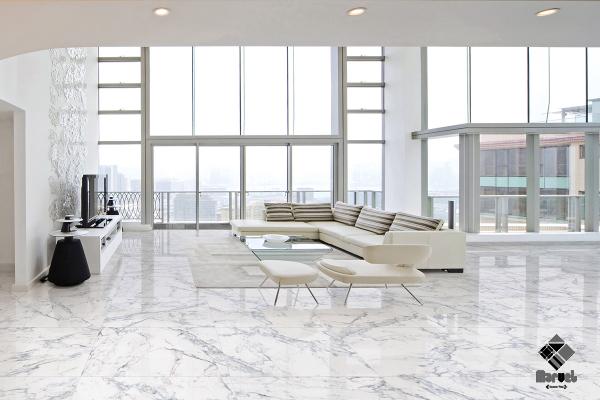
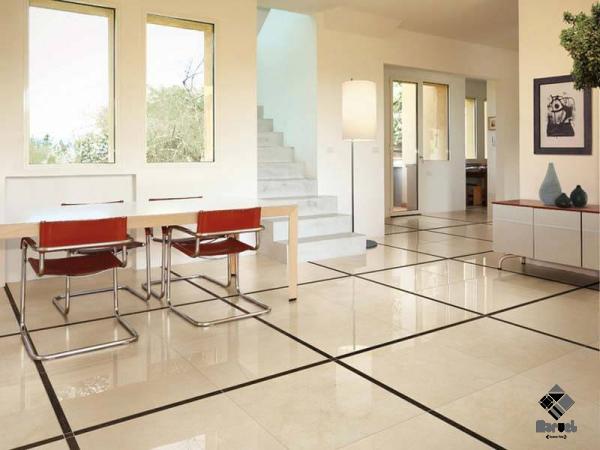
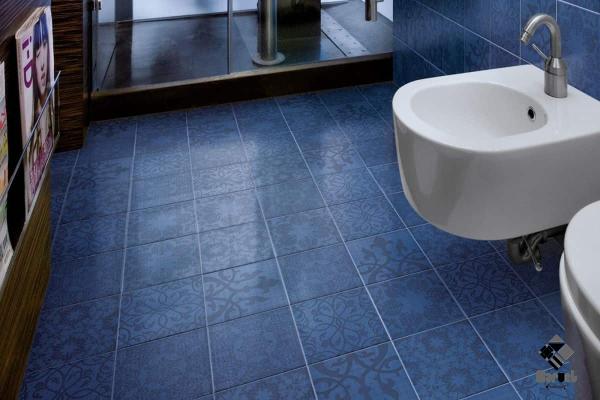
Your comment submitted.